INVITED SPEAKERS
PLENARY LECTURES
All invited speakers have already accepted the invitation.
The list of invited speakers is continuously updated.
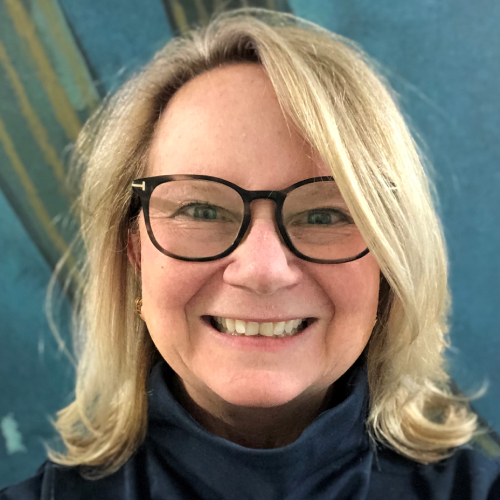
Jennifer van Eyk
Your Title Goes Here
Your content goes here. Edit or remove this text inline or in the module Content settings. You can also style every aspect of this content in the module Design settings and even apply custom CSS to this text in the module Advanced settings.
Dr. Jennifer Van Eyk, Ph.D., an international leader in clinical proteomics, is dedicated to democratizing personalized biomarkers and individualized therapies. She earned her Ph.D. from the University of Alberta and completed postdoctoral fellowships in Heidelberg and Chicago before establishing her first laboratory at Queen’s University in Kingston, Canada. She was subsequently recruited to Johns Hopkins University in Baltimore, and later to Cedars-Sinai Medical Center in Los Angeles, where she now directs the inaugural Advanced Clinical BioSystems Research Institute. Dr. Van Eyk is a Professor of Cardiology in the Smidt Heart Institute and holds the Erika Glazer Endowed Chair in Women’s Heart Disease. Her accomplishments include more than 425 peer-reviewed publications, over 26 patents, and numerous national and international awards recognizing her research and leadership.
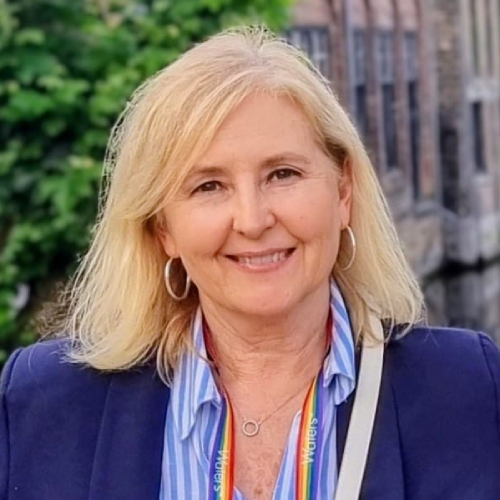
Ana Maria García-Campaña
Your Title Goes Here
Your content goes here. Edit or remove this text inline or in the module Content settings. You can also style every aspect of this content in the module Design settings and even apply custom CSS to this text in the module Advanced settings.
Full Professor at the University of Granada (Spain) and leader of the research group “Quality in Food, Environmental and Clinical Analytical Chemistry”. Her work focuses on advanced analytical platforms such as liquid chromatography and capillary electrophoresis coupled with mass spectrometry, fluorescence, or ion mobility spectrometry for food and environmental quality control, contaminant monitoring and exposomic studies. She develops sustainable analytical methodologies and innovative sample treatments. Author of 246 articles, several books, and 301chapter books (h-index 54). Currently Vice-Rector of Postgraduate Studies and Vice-President of Spanish Society of Chromatography and Related Techniques. Included in Stanford University’s “World’s Top 2% Scientists” ranking.
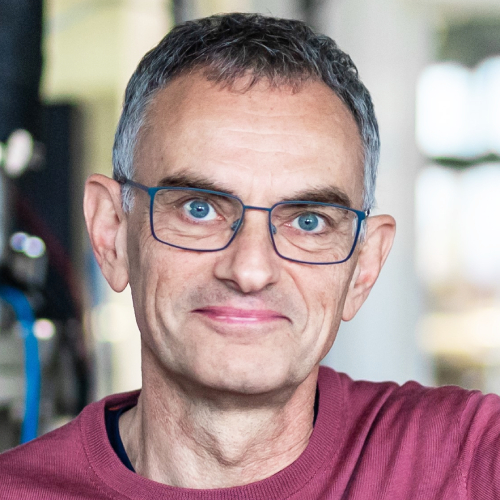
Tomáš Jungwirth
Your Title Goes Here
Your content goes here. Edit or remove this text inline or in the module Content settings. You can also style every aspect of this content in the module Design settings and even apply custom CSS to this text in the module Advanced settings.
Tomas Jungwirth is a Head of the Department of Spintronics at the Institute of Physics of the Czech Academy of Sciences, a Chair Professor at the University of Nottingham in the UK, and a Distinguished Professor at the Tohoku University in Japan. He contribited to discovery of the spin Hall effect, currently adopted by major semiconductor companies. With collaborators, he initiated the field of antiferromagnetic spintronics by demonstrating proof-of-concept ultra-fast and scalable memory device. His team’s recent discovery of altermagnetism was among the 10 Breakthorughs of the Year 2024 by the Science journal. He is a Clarivate Highly Cited Researcher.
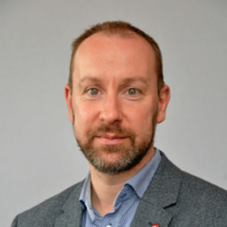
Zoltan Takats
Your Title Goes Here
Your content goes here. Edit or remove this text inline or in the module Content settings. You can also style every aspect of this content in the module Design settings and even apply custom CSS to this text in the module Advanced settings.
Prof. Zoltan Takats, PhD FMedSci has obtained his M.Sc. degree in Chemistry from the Eotvos Lorand University, Budapest, in 1998. He has carried out his Ph.D. research at the Chemical Research Centre of the Hungarian Academy of Sciences and at Purdue University. He has received his PhD degree in analytical chemistry in 2003. He has been doing mass spectrometry-related research for more than 25 years, with a primary focus on the development of novel atmospheric pressure ionization methods. His team developed electrosonic spray ionization, desorption electrospray ionization, jet desorption ionization and rapid evaporative ionization mass spectrometry methods. Besides pursuing a scientific career, he has been deeply involved in the introduction of mass spectrometry-based neonatal screening programme in Hungary and served as the head of one of the national screening laboratories. Following a couple of years spent at Justus-Liebig-Universität in Gießen, Germany, he currently works as Professor of Analytical Chemistry spectrometry at Department of Metabolism, Digestion and Reproduction, Faculty of Medicine, Imperial College London. Since 2023 he shares his time between Imperial and the University of Regensburg, where he holds a Chair for Multimodal Imaging. Present research interests include the application of ambient ionization methods in surgical metabolomics and development of mass spectrometric imaging techniques for the rapid phenotyping of cancer patients.
KEYNOTE LECTURES
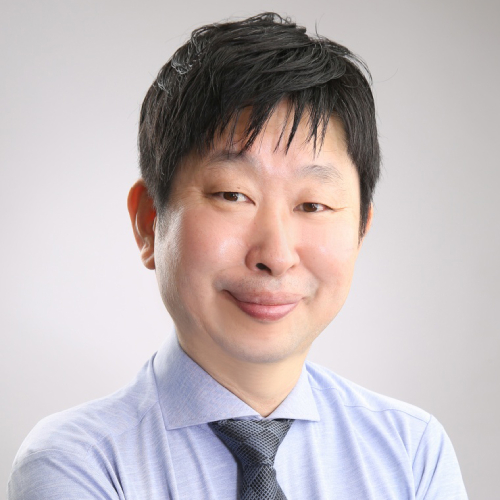
Takeshi Bamba
Your Title Goes Here
Your content goes here. Edit or remove this text inline or in the module Content settings. You can also style every aspect of this content in the module Design settings and even apply custom CSS to this text in the module Advanced settings.
Takeshi Bamba is a Distinguished Professor in the Division of Metabolomics, Medical Research Center for High Depth Omics, Kyushu University, Japan. He received his Ph.D. in engineering from Osaka University and has pioneered innovative analytical platforms integrating chromatography and mass spectrometry for next-generation metabolomics. Prof. Bamba has authored over 250 publications, contributing significantly to the advancement of metabolomics and lipidomics through technological innovation and broad applications.
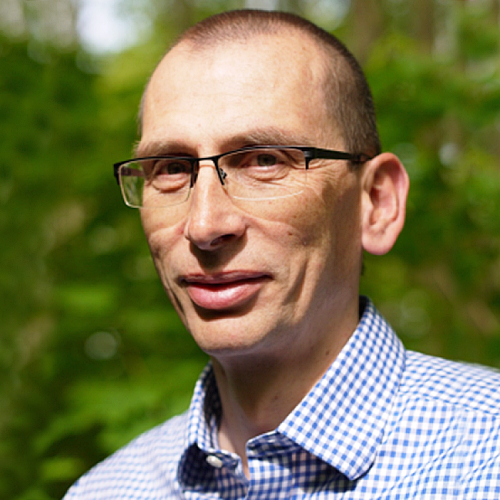
Detlev Belder
Your Title Goes Here
Your content goes here. Edit or remove this text inline or in the module Content settings. You can also style every aspect of this content in the module Design settings and even apply custom CSS to this text in the module Advanced settings.
Detlev Belder is a full professor of analytical chemistry at the University of Leipzig. His research focuses on lab-on-a-chip technology as an enabling science in chemistry. A broad field of research and application of lab-on-a-chip technology is being addressed in the Belder laboratories at the University of Leipzig. The Belder group is well known for miniaturised separation techniques such as chip electrophoresis and chip HPLC and for novel concepts in digital microfluidics. The Belder laboratory is also working on detection methods such as coupling microfluidic chips with mass spectrometry or ion mobility spectrometry, as well as optical methods such as fluorescence and Raman microscopy. In recent years, a particular focus has been on integrated chip laboratories that combine chemical reactors and analysis units.
Professor Belder has been honoured with several awards, including the Gerhard Hesse Prize (2015) and the Fresenius Prize (2019).
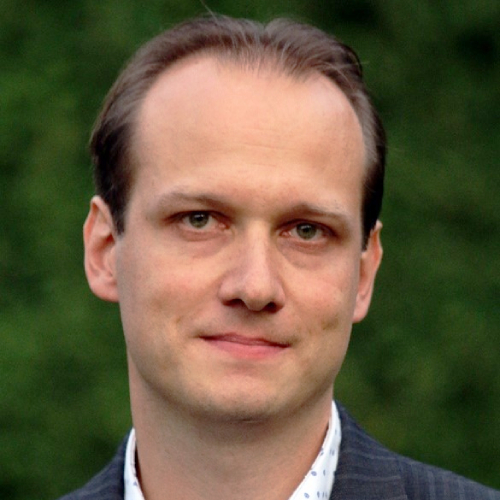
Ken Broeckhoven
Your Title Goes Here
Your content goes here. Edit or remove this text inline or in the module Content settings. You can also style every aspect of this content in the module Design settings and even apply custom CSS to this text in the module Advanced settings.
Ken Broeckhoven has a Master’s degree and PhD in chemical engineering from the Vrije Universiteit Brussel (Belgium), where he currently is Professor in chemical engineering and bio-engineering sciences. He is also the head of the Department of Chemical Engineering at the VUB. His research mainly focuses on the fundamental aspects of chromatographic separation methods (diffusion, mass transfer, eddy-dispersion, extra-column band broadening, kinetic performance), in both liquid and supercritical fluid chromatography. In 2019, he received the LCGC Emerging Leader in Chromatography Award. He is also part of the organizing committee of the HTC-conference series, that focusses on hyphenated techniques in chromatography.
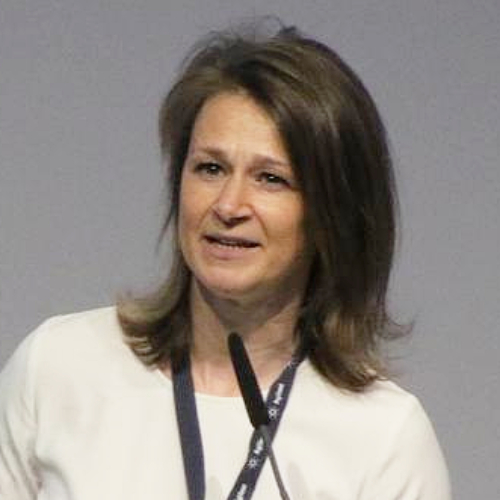
Deirdre Cabooter
Your Title Goes Here
Your content goes here. Edit or remove this text inline or in the module Content settings. You can also style every aspect of this content in the module Design settings and even apply custom CSS to this text in the module Advanced settings.
Deirdre Cabooter is a Full Professor at the Department of Pharmaceutical and Pharmacological Sciences at the University of Leuven (KU Leuven) in Belgium. Her current research is directed towards a deeper understanding of mass transfer phenomena in liquid chromatography, the analysis of complex samples in pharmaceutical, environmental and food applications using 1D-LC and 2D-LC, and solutions for automated method development based on artificial intelligence. She received the LCGC Emerging Leader in Chromatography Award in 2017, the Jubilee medal of the Chromatographic Society in 2020, the JFK Huber Lecture Award of the Austrian Society of Analytical Chemistry in 2023, and is an editor of Journal of Chromatography A since 2018.
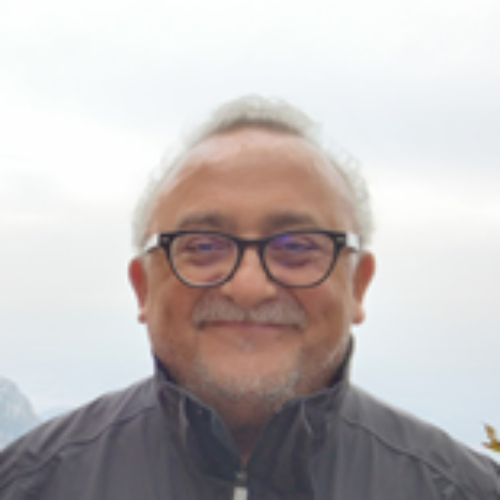
Alejandro Cifuentes
Your Title Goes Here
Your content goes here. Edit or remove this text inline or in the module Content settings. You can also style every aspect of this content in the module Design settings and even apply custom CSS to this text in the module Advanced settings.
Alejandro Cifuentes is a Full Research Professor at the National Research Council of Spain (CSIC) in Madrid, Head of the Laboratory of Foodomics and Director of the Metabolomics Platform (International Excellence Campus CSIC + UAM). He has been Founding Director of the Institute of Food Science Research from CSIC. Alejandro’s activity includes advanced analytical methods development for Foodomics, food quality and safety, as well as isolation and characterization of natural bioactive compounds and their effect on human health. He is member of the Editorial Board of 21 international journals, Specialty Chief Editor of Frontiers in Nutrition, Editor of TrAC-Trends in Analytical Chemistry and Editor-in-Chief of Exploration of Foods and Foodomics. He has defined for the first time in a SCI journal the new discipline of Foodomics. He has been continuously included in the Top 2% World Scientists by the Stanford University Ranking.

Gert Desmet
Your Title Goes Here
Your content goes here. Edit or remove this text inline or in the module Content settings. You can also style every aspect of this content in the module Design settings and even apply custom CSS to this text in the module Advanced settings.
Gert Desmet has a PhD in chemical engineering from the Vrije Universiteit Brussel (VUB), Brussels, Belgium, where he currently is a full professor. His research focuses on the miniaturization and automation of separation methods, as well as on the investigation and the modeling of flow effects in chromatographic systems. He has been the author or co-author of more than 450 peer-reviewed papers. He currently is the Deputy-director of the Solvay Institute for Chemistry, is an Associate Editor for Analytical Chemistry” and was the recipient of an ERC Advanced Grant. He is also a member of the permanent scientific committees of the international HPLC and ISC conference series.
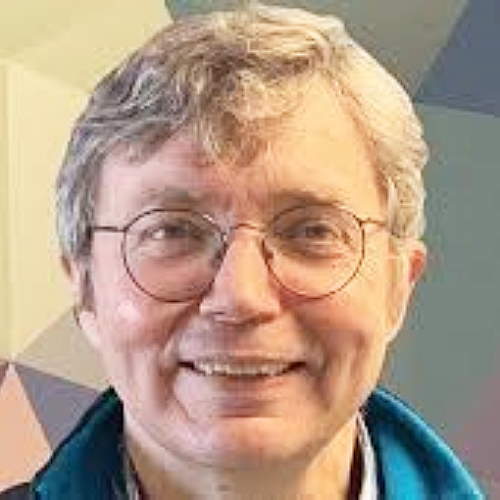
Tony Edge
Your Title Goes Here
Your content goes here. Edit or remove this text inline or in the module Content settings. You can also style every aspect of this content in the module Design settings and even apply custom CSS to this text in the module Advanced settings.
Dr. Tony Edge has been working in the field of chromatography for more than 30 years. During that time he has worked at different organisations including AstraZeneca where he developed methods for bioanalytical workflows and also in the manufacturing arena working for ThermoScientfic, Agilent and Avantor where he headed R&D teams developing next generation separation and extraction media. He was awarded the Desty Memorial Lecture in 2004 for his contributions to innovating separation science, and in the same year also won a clinical excellence award. Edge’s current interests are centered on improving the extraction process and high-temperature chromatography.
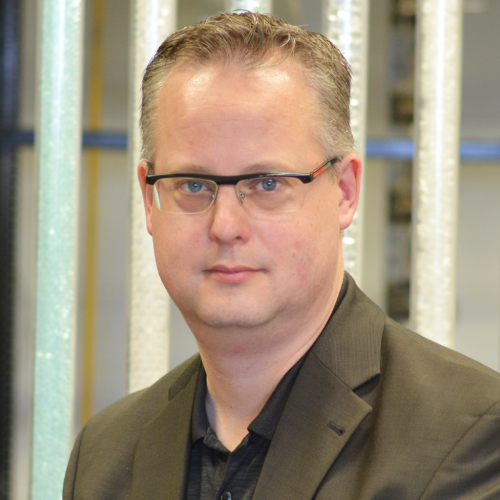
Sebastiaan Eeltink
Your Title Goes Here
Your content goes here. Edit or remove this text inline or in the module Content settings. You can also style every aspect of this content in the module Design settings and even apply custom CSS to this text in the module Advanced settings.
Sebastiaan Eeltink received his PhD degree in Chemistry in 2005 from the University of Amsterdam, for his dissertation “Packed and monolithic capillary columns for LC”. From 2005-2007 he conducted two years of post-doctoral research at the University of California, Berkeley, USA and he was a guest scientist at The Molecular Foundry in the Lawrence Berkeley National Laboratory. In 2007 he joined Dionex (currently Thermo Fisher Scientific), a manufacturer of high-tech analytical instruments and served as an advisor till 2021. In 2009, Sebastiaan received the p Odysseus award to establish his research group (eeltinklab.com) within the Vrije Universiteit Brussel. Eeltink is full professor, involved in the BSc and MSc teaching programs of the VUB and the Université Libre de Bruxelles (ULB), and is vice-chair of the Doctoral Committee of the Engineering Faculty.
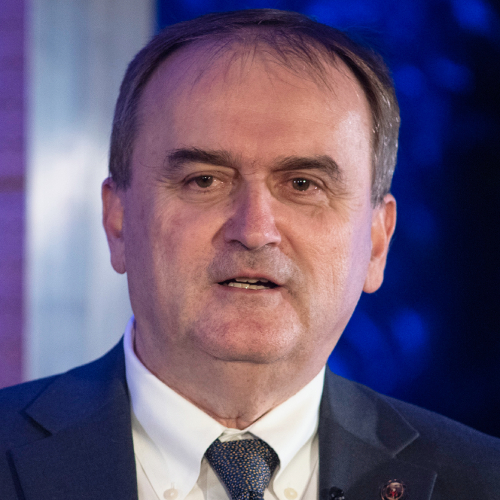
Attila Felinger
Your Title Goes Here
Your content goes here. Edit or remove this text inline or in the module Content settings. You can also style every aspect of this content in the module Design settings and even apply custom CSS to this text in the module Advanced settings.
Attila Felinger is a Professor of Chemistry at the University of Pécs (Hungary). He is the head of the Analytical and Environmental Chemistry Department at the Faculty of Sciences, and he is at the helm of the Institute of Bioanalysis at the Medical School (both at the University of Pécs). In addition, he serves as President of the Hungarian Society for Separation Sciences. His research interests focus on the fundamentals of chromatography including nonlinear and analytical separations, as well as the chemometric analysis of measurements.
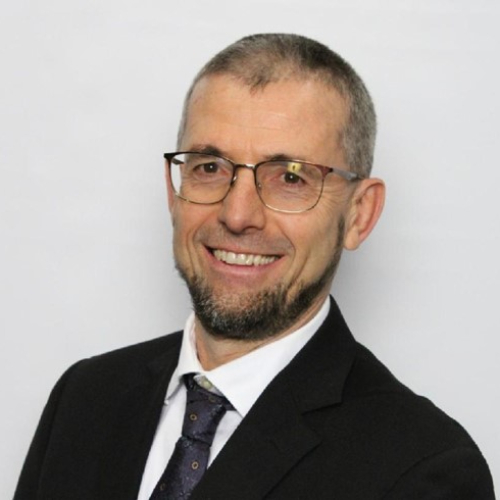
Fabrice G. Gritti
Your Title Goes Here
Your content goes here. Edit or remove this text inline or in the module Content settings. You can also style every aspect of this content in the module Design settings and even apply custom CSS to this text in the module Advanced settings.
Fabrice G. Gritti earned his Ph.D. in Chemistry and Physics of Condensed Matter from the University of Bordeaux I in 2001. He worked with Prof. Georges Guiochon at the University of Tennessee until 2014 and joined Waters Corporation in 2015 as a consultant scientist. His research focuses on adsorption thermodynamics and mass transfer in chromatographic media. He has published over 300 peer-reviewed articles, delivered 95+ keynote lectures, and received multiple prestigious awards, including the A.J.P. Martin Medal (2024) and the Csaba Horvath Memorial Award (2023).
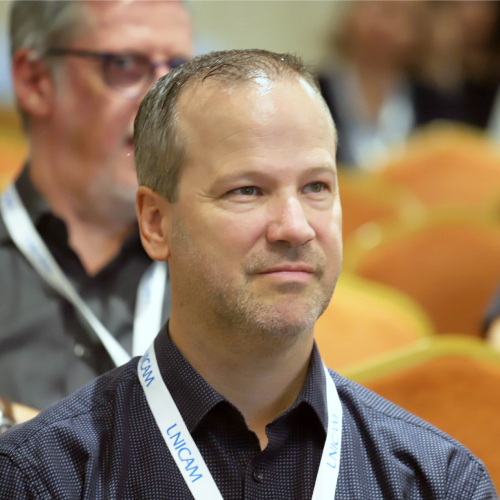
Davy Guillarme
Your Title Goes Here
Your content goes here. Edit or remove this text inline or in the module Content settings. You can also style every aspect of this content in the module Design settings and even apply custom CSS to this text in the module Advanced settings.
Davy Guillarme currently serves as an associate professor at the University of Geneva in Switzerland. With over 350 published journal his expertise spans various techniques, including UHPLC, HILIC, LC−MS, SFC, SFC-MS, multidimensional LC, and application to the characterization of biopharmaceuticals.
He is an editor of the Journal of Chromatography A and serves on the editorial advisory board of various other journals.
Davy Guillarme has been honored with the LC-GC Emerging Leader Award in Chromatography (2013), the Jubilee Medal from the Chromatographic Society (2018), the International Award of the Belgian Society of Pharmaceutical Sciences (2022) and the Csaba Horvath memorial award (2025).

Kenji Hamase
Your Title Goes Here
Your content goes here. Edit or remove this text inline or in the module Content settings. You can also style every aspect of this content in the module Design settings and even apply custom CSS to this text in the module Advanced settings.
He graduated from The University of Tokyo and obtained his Ph.D. degree in 1996. Subsequently, he moved to Kyushu University, and was promoted to the full Professor in 2016 (Vice Dean for international affairs from 2018). He is the president of The Society for Chromatographic Sciences (Japan), Editor of the Journal of Pharmaceutical and Biomedical Analysis and Permanent International Committee members of HPLC and PBA conferences. His current research interests focus on the development of multi-dimensional HPLC methods for chiral amino acids and related compounds to study on their physiological functions, diagnostic values and the design of functional foods.
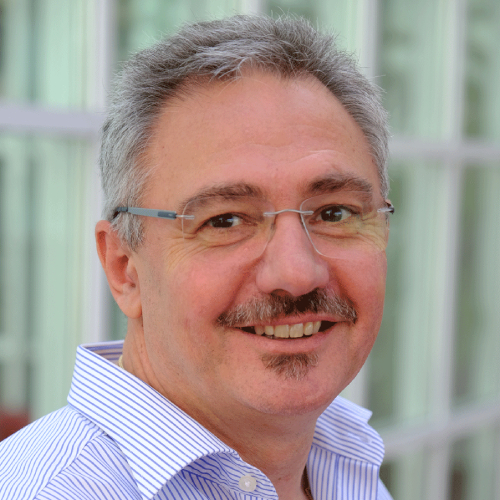
Christian Huber
Your Title Goes Here
Your content goes here. Edit or remove this text inline or in the module Content settings. You can also style every aspect of this content in the module Design settings and even apply custom CSS to this text in the module Advanced settings.
Christian Huber trained as an analytical chemist at the University of Innsbruck focusing on chromatographic separation methods for biopolymers. After a PostDoc in Csaba Horváth’s group at Yale University in 1996, he obtained lecturing qualification in analytical chemistry at the University of Innsbruck in 1997. As an associated professor of analytical chemistry at the University of Innsbruck from 1997 to 2002, he developed monolithic, capillary-scale stationary phases for hyphenating high efficiency nucleic acid-, peptide-, and protein separations to mass spectrometry. From 2002-2008 he held a position as professor for analytical chemistry at Saarland University, where he started working in the field of multidimensional chromatography as well as proteome/metabolome analysis and mass spectrometry data mining. Since 2008, he is a professor of chemistry for biosciences at the University of Salzburg. His current research interests include proteome and metabolome analysis of biological models of disease as well as in-depth (therapeutic) (glyco-) protein characterization by means of HPLC and MS.
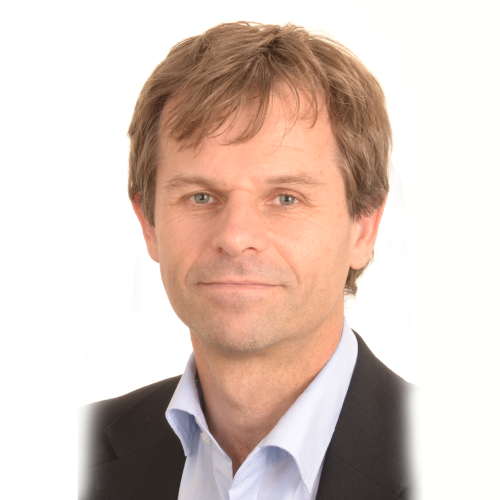
Michael Lämmerhofer
Your Title Goes Here
Your content goes here. Edit or remove this text inline or in the module Content settings. You can also style every aspect of this content in the module Design settings and even apply custom CSS to this text in the module Advanced settings.
Michael Lämmerhofer is Full Professor for Pharmaceutical (Bio-)Analysis at the University of Tübingen, Germany (since 2011). He graduated in Pharmaceutical Sciences in 1992 and earned his PhD in Pharmaceutical Chemistry in 1996 at the University of Graz, Austria (supervisor Prof. Wolfgang Lindner). Between 1997 and 2002 he was assistant professor and from 2002 to 2011 associate professor at the University of Vienna, Institute of Analytical Chemistry. Between 1999-2000 he spent a year as post-doctoral researcher at the Department of Chemistry of the University of California, Berkeley (Prof. Frantisek Svec/Prof. Jean M. Fréchet). Since 2007, he has been associate editor of Journal of Separation Science and since 2024 he is editor-in-chief.
His research interests include bioanalysis (metabolomics and lipidomics), pharmaceutical analysis (impurity profiling, enantioselective analytics), multidimensional separations and biopharmaceuticals analysis (peptides, oligonucleotides, proteins, plasmids), and the development of functionalized separation materials (chiral stationary phases, mixed-mode phases, chemo- & bioaffinity materials, nanoparticles, monoliths).
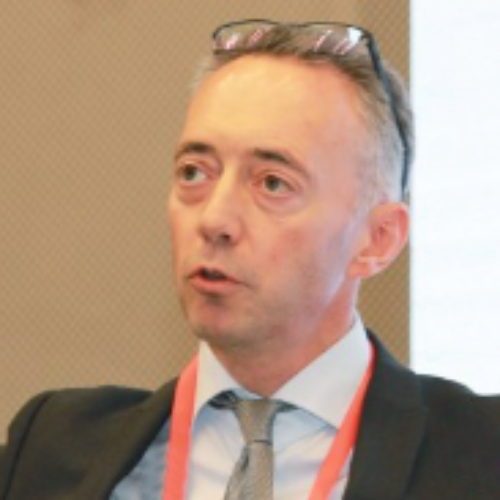
Frédéric Lynen
Your Title Goes Here
Your content goes here. Edit or remove this text inline or in the module Content settings. You can also style every aspect of this content in the module Design settings and even apply custom CSS to this text in the module Advanced settings.
Frédéric Lynen is full professor and head of the Separation Science Group at Ghent University. He obtained his PhD in Chemistry there in 2002, followed by postdoctoral work at the University of Stellenbosch and the Pfizer Analytical Research Centre. His research focuses on developing multidimensional separation tools, green stationary phases for aqueous chromatography, detection technology and retention models supporting structural elucidation via high-resolution mass spectrometry. Active in both targeted and non-targeted analyses of complex natural and synthetic samples, he has published over 170 papers and received the Chromatographic Society’s Jubilee Medal in 2019 for his contributions to separation science.
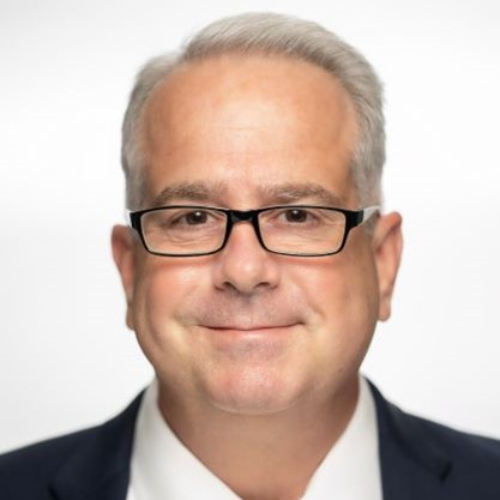
John A. McLean
Your Title Goes Here
Your content goes here. Edit or remove this text inline or in the module Content settings. You can also style every aspect of this content in the module Design settings and even apply custom CSS to this text in the module Advanced settings.
John A. McLean is Dean of Research Graduate Education, Stevenson Professor of Chemistry, and Director of the Center for Innovative Technologies at Vanderbilt University. McLean and colleagues have focused on the conceptualization, design, and construction of ion mobility and structural mass spectrometers, specifically targeting complex samples in systems, synthetic, and chemical biology. His group applies these strategies to forefront translational research areas in drug discovery, personalized medicine, and ‘human-on-chip’ synthetic biology platforms. He is an elected Fellow of NAI, AAAS, RCS, and ASMS and has published over 200 manuscripts and received over 30 patents in these and allied areas.
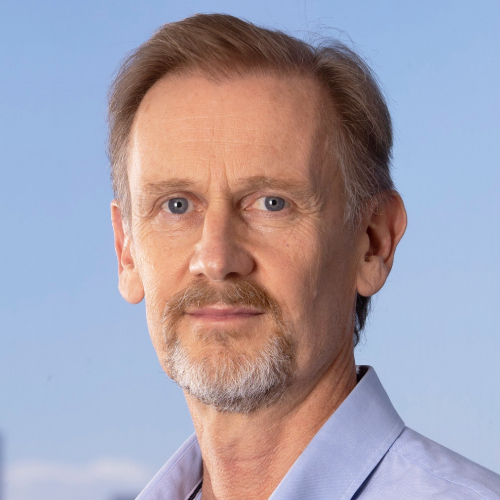
Peter Meikle
Your Title Goes Here
Your content goes here. Edit or remove this text inline or in the module Content settings. You can also style every aspect of this content in the module Design settings and even apply custom CSS to this text in the module Advanced settings.
Professor Peter Meikle is a Senior Principal Research Fellow, Co-Lead of the Obesity and Metabolic Diseases Program and Head of the Metabolomics Laboratory at the Baker Heart and Diabetes Institute. His research has a focus on the dysregulation of lipid metabolism associated with metabolic diseases including obesity, diabetes, cardiovascular and Alzheimer’s disease, and its relationship to the pathogenesis of these disease states. This work is leading to new approaches to early diagnosis and risk assessment, and to the development of new lipid modulating therapies for chronic disease.
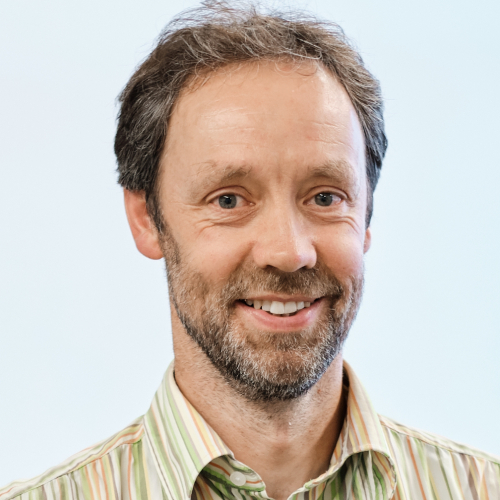
Christian Neusüß
Your Title Goes Here
Your content goes here. Edit or remove this text inline or in the module Content settings. You can also style every aspect of this content in the module Design settings and even apply custom CSS to this text in the module Advanced settings.
Christian Neusüß is Professor for Analytical Chemistry at Aalen University. He received his diploma from University of Heidelberg and his PhD from University of Leipzig. His research interests include coupling and application of (electromigrative) separation techniques with mass spectrometry. He is focusing on technical developments such as nanoESI interfaces and miniaturized two-dimensional separations in combination with high resolution mass spectrometry as well as method development and applications for the analysis of proteins, metabolites and contaminants. He is co-author of more than 140 peer-reviewed publications (h-Index=49, GoogleScholar).
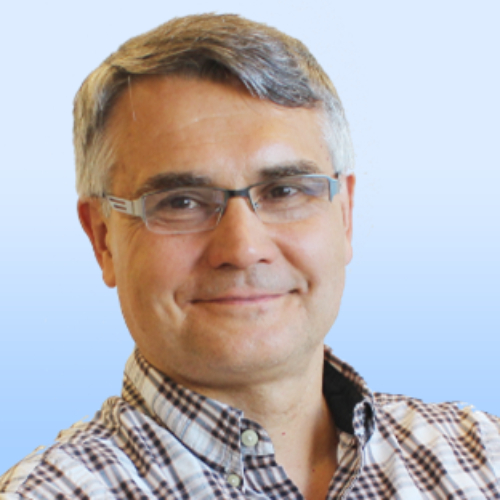
Janusz Pawliszyn
Your Title Goes Here
Your content goes here. Edit or remove this text inline or in the module Content settings. You can also style every aspect of this content in the module Design settings and even apply custom CSS to this text in the module Advanced settings.
Janusz Pawliszyn, a professor at the University of Waterloo, is a Fellow of the Royal Society of Canada. He is one of the top analytical scientists in the world, as the inventor of solid-phase microextraction and imaged capillary isoelectric focusing. Both techniques have been successfully commercialized and adopted in various research and industry fields. He is the chief editor of Trends in Analytical Chemistry and Green Analytical Chemistry. He is one of the highest cited analytical chemists in the world with an H-index of 136, over 750 papers, and more than 83000 citations.
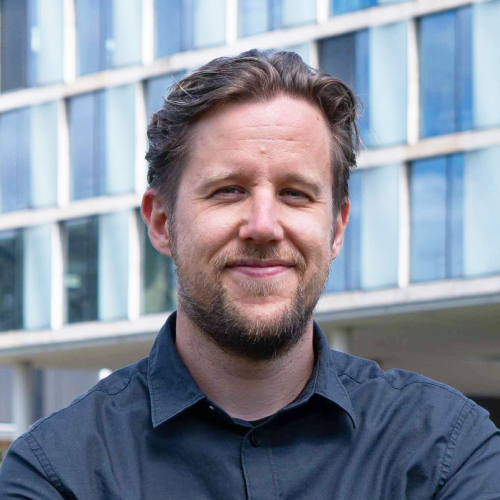
Bob Pirok
Your Title Goes Here
Your content goes here. Edit or remove this text inline or in the module Content settings. You can also style every aspect of this content in the module Design settings and even apply custom CSS to this text in the module Advanced settings.
Bob Pirok is an associate professor of analytical chemistry at the University of Amsterdam. After earning his cum laude PhD in 2019, he has focused on chemometrics-driven method development, lab automation and data analysis for one and multidimensional chromatography, levering machine learning, retention modeling and reaction/modulation strategies. He is a visiting professor in Dwight Stoll’s group at Gustavus Adolphus College and was awarded the HTC Innovation Award for his work on AutoLC and AI-assisted method design and earlier won the Csaba Horváth Young Scientist Award. He leads NWO-funded consortia (STREAMLINED, PARADISE, UPSTAIRS, KIC) and co-authored the textbook Analytical Separation Science.
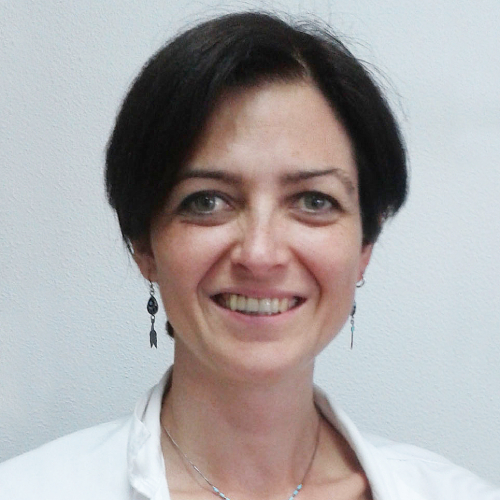
Giorgia Purcaro
Your Title Goes Here
Your content goes here. Edit or remove this text inline or in the module Content settings. You can also style every aspect of this content in the module Design settings and even apply custom CSS to this text in the module Advanced settings.
Giorgia Purcaro is a full professor at the Gembloux Agro-Bio Tech Department, University of Liège, Belgium. Her research focuses on developing miniaturized and multidimensional analytical solutions to address food safety and quality issues. She is the author of over 150 publications and more than 250 conference presentations. She has been the recipient of several awards, including the Leslie Ettre Award for the most outstanding contribution in capillary chromatography and the J. Philips Award for her contributions to the field of GC×GC. She has been included in the Top 2% list of the World’s Scientists from Stanford University for several years.
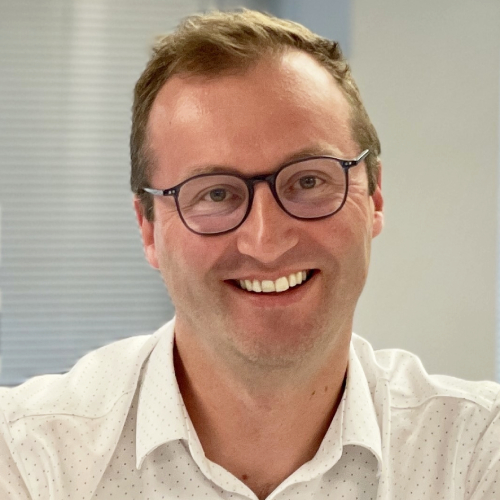
Koen Sandra
Your Title Goes Here
Your content goes here. Edit or remove this text inline or in the module Content settings. You can also style every aspect of this content in the module Design settings and even apply custom CSS to this text in the module Advanced settings.
Koen Sandra received a PhD degree in Biochemistry from the Ghent University, Belgium in 2005. After his PhD, he joined Pronota, a molecular diagnostics company where he was active in developing analytical platforms for disease biomarker discovery and in setting up external collaborations. In 2008, he joined RIC, a company that provides analytical support to the chemical, life sciences and pharmaceutical industries, where he holds the position of CEO. As a non-academic scientist, Koen Sandra is author of over 50 highly cited scientific papers and has presented his work at numerous conferences as an invited speaker.

Oliver J. Schmitz
Your Title Goes Here
Your content goes here. Edit or remove this text inline or in the module Content settings. You can also style every aspect of this content in the module Design settings and even apply custom CSS to this text in the module Advanced settings.
Since 2012 Oliver J. Schmitz has been a full professor at the University of Duisburg-Essen and is the chair of the Institute of Applied Analytical Chemistry.
In 2018 Oliver has founded, together with Agilent, the Teaching and Research Center for Separation (TRC) at the University of Duisburg-Essen.
Prof. Schmitz´s main research area is separation science, with a particular focus on non-target analysis of complex samples, the development of ion sources, the use and optimization of multidimensional LC and GC, ion mobility-mass spectrometry and metabolomics. He was awarded the Gerhard-Hesse Prize for chromatography in 2013 and the Andrzej Waksmundzki medal award in 2019.

Dwight R. Stoll
Your Title Goes Here
Your content goes here. Edit or remove this text inline or in the module Content settings. You can also style every aspect of this content in the module Design settings and even apply custom CSS to this text in the module Advanced settings.
Dwight Stoll is Professor and Co-Chair of Chemistry at Gustavus Adolphus College in St. Peter, MN. He has authored or co-authored more than 100 peer-reviewed publications and five book chapters in separation science, speaks internationally on the topic, and is co-editor of the recent book: Multi-Dimensional Liquid Chromatography: Principles, practice, and applications. He has also written the monthly “LC Troubleshooting” column for LCGC Magazine since 2017, and co-hosts the Analytically Speaking podcast with Prof. Jim Grinias. His primary research focus is on the development of two-dimensional liquid chromatography (2D-LC) for both targeted and untargeted analyses. Within this area he has made contributions on many aspects of the technique including stationary phase characterization, biopharmaceutical analysis, new 2D-LC methodologies and instrumentation, and fundamental aspects including re-equilibration in gradient elution liquid chromatography and analyte focusing. He has taught several short courses on 2D-LC in recent years at venues including Pittcon and the international HPLC20XX series, and hosts multi-day hands-on trainings for multi-dimensional chromatography in his laboratory at Gustavus.
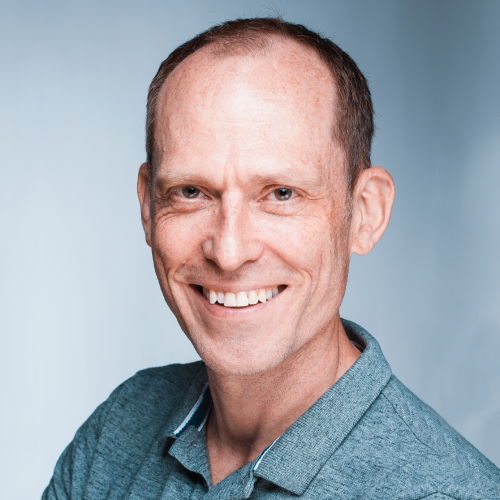
Mario Thevis
Your Title Goes Here
Your content goes here. Edit or remove this text inline or in the module Content settings. You can also style every aspect of this content in the module Design settings and even apply custom CSS to this text in the module Advanced settings.
Professor Thevis graduated in organic chemistry and sports sciences in 1998. He earned his PhD in Biochemistry in 2001 and did post-doctoral research at the Department of Chemistry and Biochemistry of the University of California Los Angeles in 2002. After senior research studies between 2003 and 2005 he was appointed as Professor for Preventive Doping Research at the German Sport University Cologne in 2006. Mario Thevis further qualified as Forensic Chemist (in 2009) and has been the director of the WADA-accredited anti-doping laboratory Cologne as well as the Institute of Biochemistry in Cologne, Germany, since 2017.
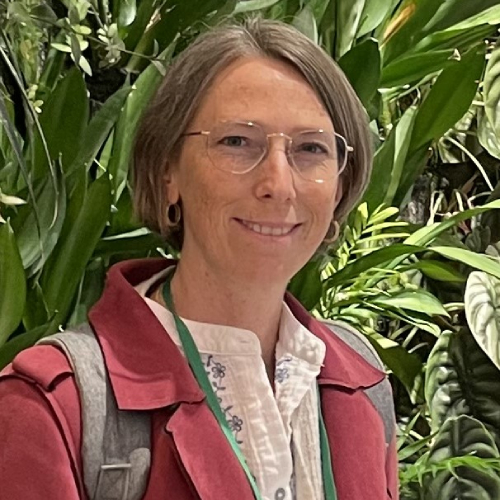
Caroline West
Your Title Goes Here
Your content goes here. Edit or remove this text inline or in the module Content settings. You can also style every aspect of this content in the module Design settings and even apply custom CSS to this text in the module Advanced settings.
Caroline West is a full professor at the University of Orleans, France. She is a specialist of SFC, with or without hyphenation to extraction methods and/or MS, to analyze samples of pharmaceutical interest and natural products. She has authored about 140 papers and book chapters, and has presented about 130 lectures in conferences and seminars. In 2015, she received the “LC‐GC Emerging Leader in Chromatography” award. She was ranked several times among the most influential people in analytical chemistry by “The Analytical Scientist” magazine (2014, 2018, 2019, 2020 & 2021), received the Jubilee medal from the Chromatographic Society (2021) and the JFK Huber Award Lecture from the Austrian Society for Analytical Sciences (2025).
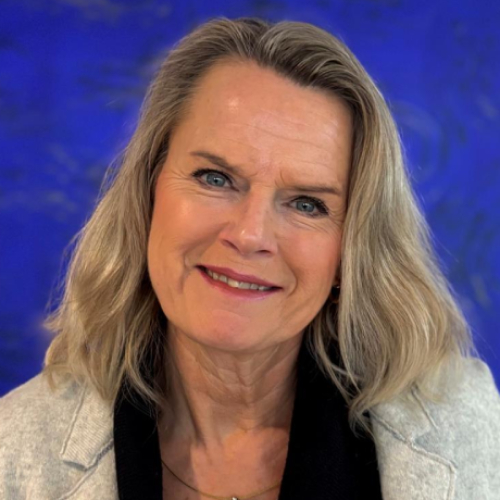
Susanne Wiedmer
Your Title Goes Here
Your content goes here. Edit or remove this text inline or in the module Content settings. You can also style every aspect of this content in the module Design settings and even apply custom CSS to this text in the module Advanced settings.
Susanne Wiedmer has a PhD in analytical chemistry and is full professor of analytical chemistry at the Department of Chemistry at the University of Helsinki. Her group has expertise in sample preparation methodologies, chromatography, capillary electromigration techniques, mass spectrometry, field flow fractionation, and in biosensing methods. The main research focus is on liposomes and liposome-analyte interactions, on interactions between biomembrane-mimicking surfaces and analytes, as well as on characterizing lipid vesicles and particles. Susanne Wiedmer has published over 175 papers in international peer-reviewed journals, and she has been involved in 10 book projects either as an editor or as an author.

Steven Ray Wilson
Your Title Goes Here
Your content goes here. Edit or remove this text inline or in the module Content settings. You can also style every aspect of this content in the module Design settings and even apply custom CSS to this text in the module Advanced settings.
Steven Ray Wilson is a Professor at the Department of Chemistry, University of Oslo. Throughout his career, Wilson has developed and applied hyphenated systems (e.g. robust SPE-LC, 2D LC, LC-NMR etc.) for various omics applications and biomedical samples, including cancer stem cells and extracellular vesicles. In recent years, Wilson has tailored separation science-based systems for microphysiological systems (e.g. laboratory-grown organ models such as organoids, organ-on-a-chip systems, and gastruloids), focusing on robustness, selectivity and on-line action. A key goal is contributing to reducing animal models through the development of more patient relevant models for e.g. drug discovery.
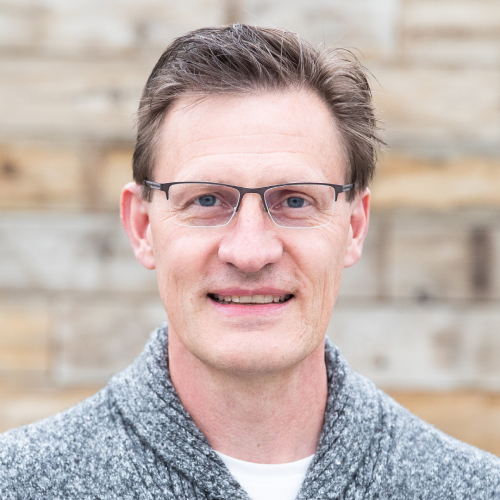
Adam Wooley
Your Title Goes Here
Your content goes here. Edit or remove this text inline or in the module Content settings. You can also style every aspect of this content in the module Design settings and even apply custom CSS to this text in the module Advanced settings.
Adam T. Woolley earned his Ph.D. degree in Chemistry from the University of California, Berkeley in 1997, and was a Runyon-Winchell Postdoctoral Fellow at Harvard University from 1998-2000. He has been on the faculty in the Department of Chemistry and Biochemistry at Brigham Young University since 2000, where he is currently University Professor and Dean of Graduate Studies. Woolley’s research is at the interface between miniaturization and biomolecules; he is developing 3D printed microfluidics for bioanalysis, devising miniaturized assays for disease-linked biomarkers, and developing biotemplated fabrication of nanoelectronic devices.
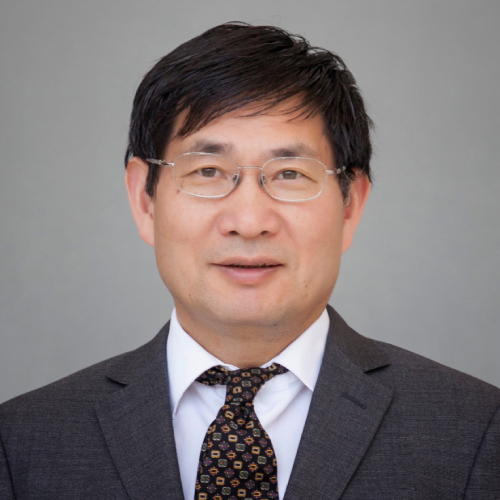
Guowang Xu
Your Title Goes Here
Your content goes here. Edit or remove this text inline or in the module Content settings. You can also style every aspect of this content in the module Design settings and even apply custom CSS to this text in the module Advanced settings.
Prof. Dr. Guowang Xu received his Ph.D in Dalian Institute of Chemical Physics (DICP), Chinese Academy of Sciences (CAS) in Jun., 1991. He is also president of Chromatography Committee of Chinese Society of Chemistry, deputy director of the Environmental Exposure Science Committee of the Chinese Society for Environmental Sciences and council member of the Chinese Chemical Society.
Prof. Xu has co-written 5 books and published 580+ peer-reviewed papers in the ‘Web of Science Core Collection’ (WoS) indexed journals including PNAS, Nature Protocols, Nature Commun., Nature Methods, Cell Metab., Advance Science, Hepatology, Cancer Res., Anal. Chem., etc., and holds more than 100 China patents. H-Index: 82(WoS),103(Google).
His main research fields are in the chromatography-mass spectrometry (MS) technique development and the MS-based bulk, single cell and spatial metabolomics/exposomics applications in disease typing, biomarker discovery and new treatment strategies, traditional Chinese medicines and food safety.
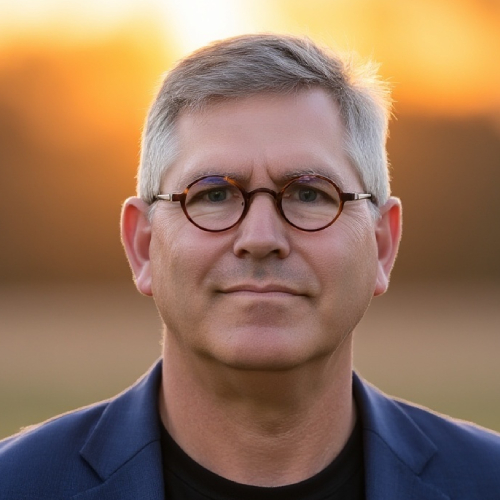
John R. Yates
Your Title Goes Here
Your content goes here. Edit or remove this text inline or in the module Content settings. You can also style every aspect of this content in the module Design settings and even apply custom CSS to this text in the module Advanced settings.
John R. Yates is the John Lytton Young Professor at Scripps Research. His research includes the development of integrated methods for tandem mass spectrometry analysis of protein mixtures, bioinformatics using mass spectrometry data, and biological studies involving proteomics. He is the lead inventor of the SEQUEST software for correlating tandem mass spectrometry data to sequences in the database and developer of the shotgun proteomics technique for the analysis of protein mixtures. His laboratory has developed proteomic techniques to analyze protein complexes, posttranslational modifications, organelles and quantitative analysis of protein expression for the study of biology.
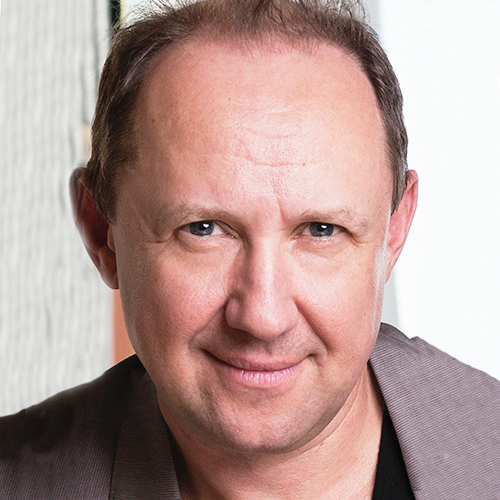
Roman Zubarev
Your Title Goes Here
Your content goes here. Edit or remove this text inline or in the module Content settings. You can also style every aspect of this content in the module Design settings and even apply custom CSS to this text in the module Advanced settings.
Roman Zubarev is professor of Medicinal Proteomics at the Karolinska Institutet, Stockholm (since 2009), with a Ph.D. degree from the Uppsala University, Sweden (1997). He is best known for the discovery of electron capture dissociation and the isotopic resonance phenomenon, development of instruments and methods for biological mass spectrometry, and their applications to diverse biomedical problems, including the mechanism, biomarkers and potential prevention of Alzheimer’s disease, as well as the targets and action mechanisms of drugs against cancer cells and microorganisms. His group was the first to perform chemical proteomics analysis at a single cell level.
INVITED LECTURES
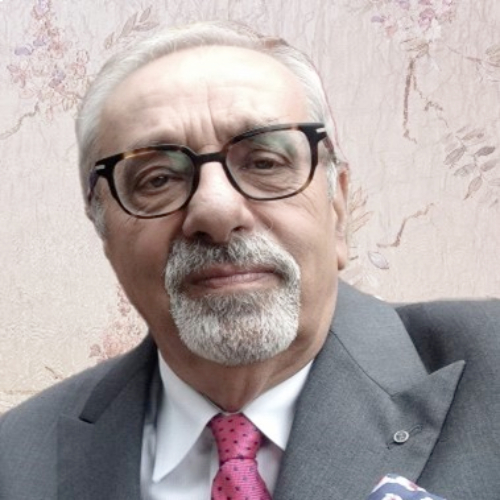
Bogusław Buszewski
Your Title Goes Here
Your content goes here. Edit or remove this text inline or in the module Content settings. You can also style every aspect of this content in the module Design settings and even apply custom CSS to this text in the module Advanced settings.
Prof. Dr. Bogusław Buszewski is a graduate of the Maria Curie-Skłodowska University in Lublin (Poland). In 1986 he obtained a PhD degree, and in 1992 a DrSc (habilitation). In 1994, he was appointed professor at the Nicolaus Copernicus University in Toruń. He was a scholarship holder of the Alexander von Humboldt Foundation at the University of Tübingen (Germany), a postdoctoral student at Kent State University (Ohio, USA) and a visiting professor at numerous universities in Europe, Asia, Australia and both America. His main scientific interests concern separation sciences (HPLC, GC, CZE, FFF, ICP, MALDI, MS), adsorption, columns and stationary phases, sample preparation, environmental and bioanalysis (-omics, biomarkers), nanotechnology and chemometrics. He is the author or co-author of 16 books (including Bioanalytics-Spinger), numerous patents and over 750 scientific papers (over 35,000 citations, h=84) and a member of the editorial boards of 26 national and international journals. He is one of the most influential scientists according to the World’s Top 2% Scientists List. Prof. B. Buszewski is the chairman of the Central European Group for Separation Sciences and the honorary chairman of the Analytical Chemistry Committee of the Polish Academy of Sciences. He is an ordinary member of the Polish Academy of Sciences and the European Academy of Sciences and Arts. Awarded by many national and international institutions and organizations (including multiple honoree doctorates and Martin Medal).
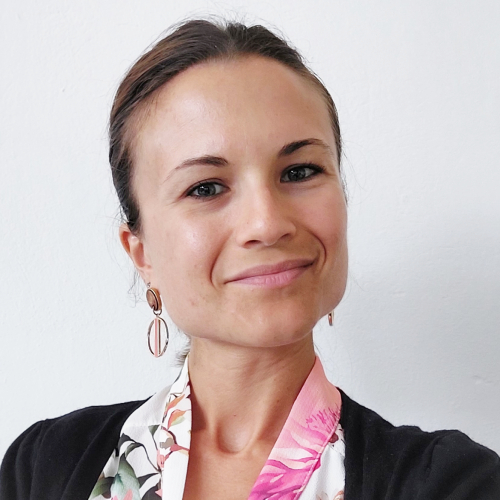
Martina Catani
Your Title Goes Here
Your content goes here. Edit or remove this text inline or in the module Content settings. You can also style every aspect of this content in the module Design settings and even apply custom CSS to this text in the module Advanced settings.
Martina Catani is Associate Professor of Analytical Chemistry at the University of Ferrara. She obtained her PhD in Chemical Sciences in 2018 and completed research stays at VUB Brussels (Belgium), University of Pécs (Hungary), and ETH Zurich (Switzerland).
Her work focuses on liquid chromatography for analytical and preparative applications, with emphasis on green separation strategies, and more recently on omics approaches using untargeted LC–HRMS.
She is co-author of over 95 peer reviewed publications and collaborates with several industrial partners. Her contributions have been recognized with awards such as the Csaba Horváth Young Scientist Award (2018) and the LCGC Emerging Leader in Chromatography Award (2024).
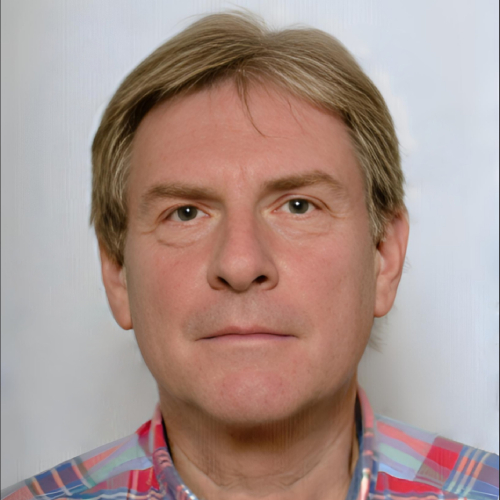
František Foret
Your Title Goes Here
Your content goes here. Edit or remove this text inline or in the module Content settings. You can also style every aspect of this content in the module Design settings and even apply custom CSS to this text in the module Advanced settings.
František Foret is the Director of the Institute of Analytical Chemistry in Brno. He earned his CSc (Ph.D.) degree in 1991 from the Czechoslovak Academy of Sciences. Following a postdoctoral fellowship at the Barnett Institute of Northeastern University in Boston (1991), he remained there as a research group leader from 1992 to 2001. After returning to Brno, he founded and led the Department of Bioanalytical Instrumentation until 2022. His research focuses on capillary separations, miniaturization, and mass spectrometry coupling. He serves as Senior Deputy Editor of Electrophoresis and is a member of the Learned Society of the Czech Republic.
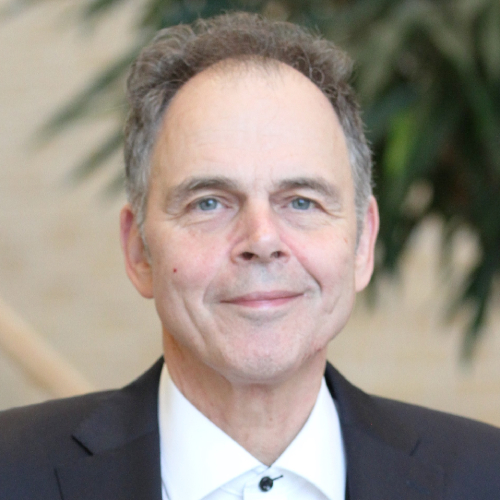
Torgny Fornstedt
Your Title Goes Here
Your content goes here. Edit or remove this text inline or in the module Content settings. You can also style every aspect of this content in the module Design settings and even apply custom CSS to this text in the module Advanced settings.
Torgny Fornstedt is Professor of Analytical Chemistry at Karlstad University, Sweden. He received his Ph.D. in Analytical Pharmaceutical Chemistry from Uppsala University in 1992 and was appointed Professor of Analytical Biotechnology there in 2007, before taking up his current position in Karlstad in 2010. His research focuses on fundamental aspects of separation science, combining theoretical modelling with experimental studies to elucidate how molecules interact with chromatographic surfaces and biosensor interfaces.
In recent years, his group—often in close collaboration with industry—has worked extensively on the analysis and purification of therapeutic oligonucleotides (ASOs & siRNA) and on digitalization strategies for enhanced quality assurance of next-generation pharmaceuticals. His current research also includes efforts to better understand and improve the manual integration of partially overlapping chromatographic peaks, with the aim of developing practical approaches that enable more reliable quantification in demanding separations.
Professor Fornstedt is the 2024 recipient of the J. F. K. Huber Lecture Award and serves on the Advisory Editorial Boards of Journal of Chromatography A and Journal of Chromatography Open.
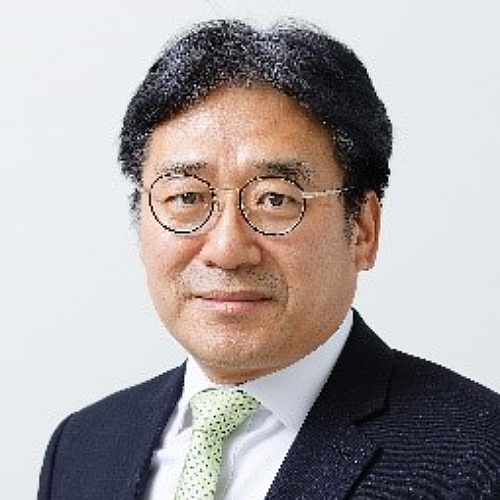
Myeong Hee Moon
Your Title Goes Here
Your content goes here. Edit or remove this text inline or in the module Content settings. You can also style every aspect of this content in the module Design settings and even apply custom CSS to this text in the module Advanced settings.
Myeong Hee Moon received his B.S. in Chemistry from Yonsei University (1987) and Ph.D. from the University of Utah (1991) under Prof. Calvin J. Giddings. After starting his career at Kangnung National University (1994), he joined Yonsei University in 2003. His research focuses on developing advanced flow field-flow fractionation (flow FFF) methods, including frit-inlet asymmetrical flow FFF and miniaturized flow FFF channels coupled with ESI-MS/MS for lipid analysis. He has served as president of the Korean Society of Mass Spectrometry, vice president of the Korean Chemical Society, and a member of the Executive Committee of the International Mass Spectrometry Foundation.
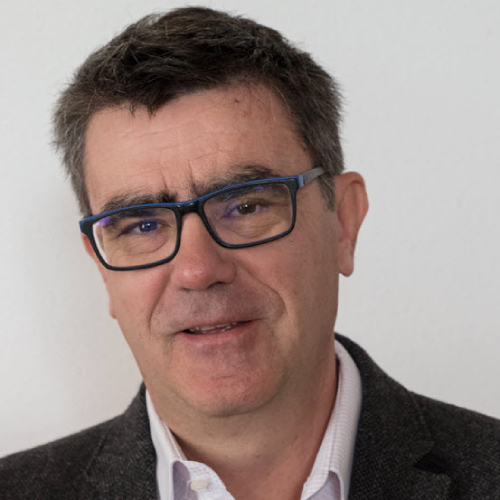
Gérard Hopfgartner
Your Title Goes Here
Your content goes here. Edit or remove this text inline or in the module Content settings. You can also style every aspect of this content in the module Design settings and even apply custom CSS to this text in the module Advanced settings.
Gérard Hopfgartner studied chemistry at the University of Geneva and received his Ph.D. degree in 1991 in the field of organic geochemistry and mass spectrometry. After a postdoctoral stay in the group of Prof. J. Henion at Cornell University, focusing LC-MS/MS, he joined the DMPK department of F. Hoffmann-La Roche in Basel. as the head of the LC-MS group and later, as a scientific expert. In 2002, he moved back to the University of Geneva as full Professor for analytical sciences and mass spectrometry until 2025. He is currently Emeritus Professor at UniGe and his main scientific interests remain separation sciences hyphenated to multimodal mass spectrometry for identifying molecules in large set of biological samples.
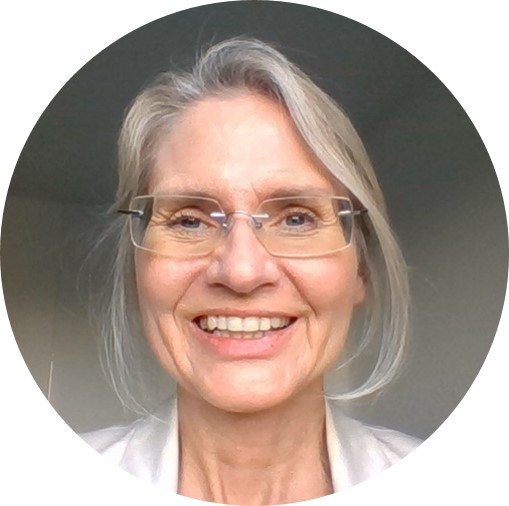
Gertrud Morlock
Your Title Goes Here
Your content goes here. Edit or remove this text inline or in the module Content settings. You can also style every aspect of this content in the module Design settings and even apply custom CSS to this text in the module Advanced settings.
Gertrud Morlock is a Full Professor (Chair of Food Sciences and Director of the affiliated TransMIT Center for Effect-Directed Analysis) at Justus Liebig University Giessen, Germany. She holds a PhD in Analytical Chemistry (Helmut Jork and Heinz Engelhardt). She has been awarded the Kurt Täufel Prize (German Society for Food Chemistry), Father of Stevia Award (World Stevia Organization), and Csaba Horváth Memorial Award (Hungarian Society for Separation Sciences and Connecticut Separation Science Council).
Her current research interests include disruptive next-generation developments, e.g., green 2LabsToGo-Eco, powerful planar multiplex bioassays, and sophisticated hyphenations (up to 16D) for the best possible sample characterization.
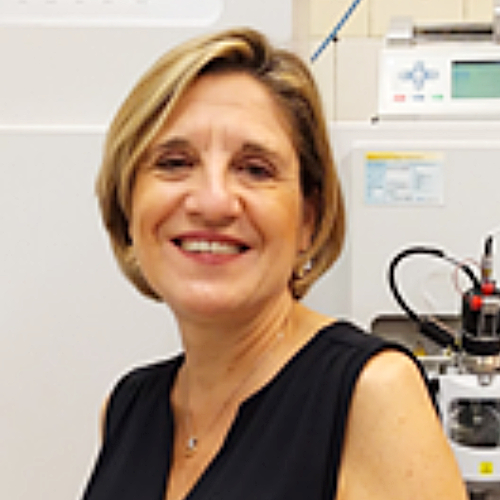
Valérie Pichon
Your Title Goes Here
Your content goes here. Edit or remove this text inline or in the module Content settings. You can also style every aspect of this content in the module Design settings and even apply custom CSS to this text in the module Advanced settings.
Valérie Pichon, full professor at Sorbonne University (Paris), leads the Department of analytical chemistry (LSABM), a part of the department of Chemistry Biology and Innovation (CBI) located at ESPCI Paris (PSL University, CNRS) and also leads the CBI department.
Her main research interests include the development and miniaturization of antibody- or aptamer-based sorbents and molecular or ionic imprinted polymers for the selective extraction of target compounds present in trace amounts in complex samples.
She is the author of over 150 publications, 7 book chapters and 3 patents. She is associate editor of Journal of Separation Science. She has received the Analytical Chemistry Department Prize of the French Chemical Society (2001), the Silver Medal of the French National Centre for Scientific Research (2022) and recently the Senior Prize of AfSep, the French Association for Separation Sciences (2023).

André de Villiers
Your Title Goes Here
Your content goes here. Edit or remove this text inline or in the module Content settings. You can also style every aspect of this content in the module Design settings and even apply custom CSS to this text in the module Advanced settings.
André de Villiers is a Professor in Analytical Chemistry at Stellenbosch University, South Africa. His research activities include fundamental studies and the practical application of chromatographic separations, with the emphasis on natural product analysis. Specific areas of interest include comprehensive 2-dimensional liquid- and gas chromatography, ion mobility spectrometry and advanced mass spectrometric methods in combination with separation methods. He is author or co-author of more than 100 scientific papers and the recipient of the 2009 Csaba Horváth Award and LCGC’s Emerging Leader in Chromatography Award in 2014.
TUTORIAL LECTURES
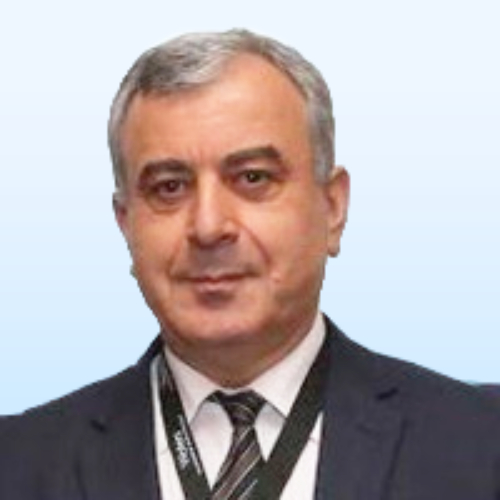
Bezhan Chankvetadze
Your Title Goes Here
Your content goes here. Edit or remove this text inline or in the module Content settings. You can also style every aspect of this content in the module Design settings and even apply custom CSS to this text in the module Advanced settings.
Bezhan Chankvetadze is Professor for Physical Chemistry and director of the Institute of Physical and Analytical Chemistry at the Tbilisi State University in Tbilisi, Georgia.
He is the Editor-in-Chief of the Journal of Pharmaceutical and Biomedical Analysis and a member of the editorial boards several international journals.
Chankvetadze is the recipient of “2006 Belgian Society of Pharmaceutical Science Award of Recognition”, the joint Csaba Horvath Memorial Award of the Hungarian Separation Science Society and Connecticut Separation Science Council, USA (2017) and Nernst-Tswett Award from the European Separation Science Society (EuSSS) (2024).
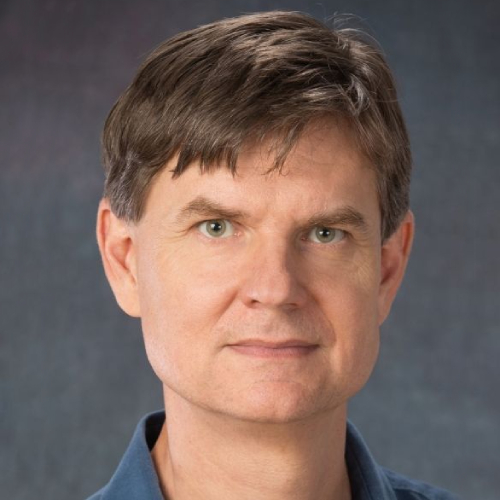
Martin Gilar
Your Title Goes Here
Your content goes here. Edit or remove this text inline or in the module Content settings. You can also style every aspect of this content in the module Design settings and even apply custom CSS to this text in the module Advanced settings.
Dr. Martin Gilar received his Ph.D. in analytical chemistry from Institute of Chemical Technology in Prague (1996). He spent postdoc years in Hybridon Inc. (1996-1998) and Northeastern University in Boston (1998) developing separation methods for antisense oligonucleotides and fraction collector for DNA molecules. Since 1998 he has worked at Waters Corp. in Milford, Massachusetts, participating in column, sample preparation and instrument research.
Dr. Martin Gilar is a Research Fellow in the Separations R&D group at Waters Corporation. He has 30+ years of experience in the separation sciences, including chromatography, electrophoresis, and mass spectrometry. His research interest is the analysis of biopolymers, peptides, and nucleic acids. He has published over 75 peer reviewed papers. Dr. Gilar is recipient of Jaroslav Janak 2022 medal and Chromatographic Society Jubilee medal in 2023.
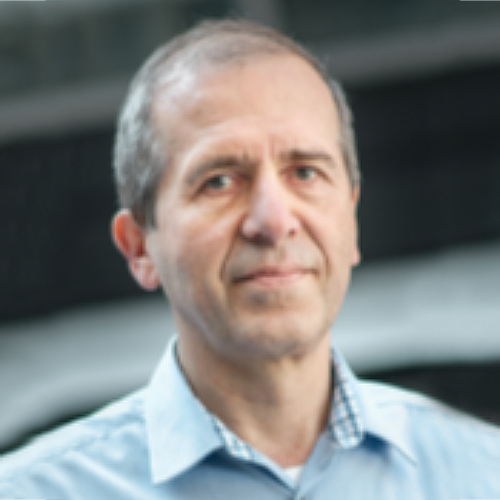
Václav Kašička
Your Title Goes Here
Your content goes here. Edit or remove this text inline or in the module Content settings. You can also style every aspect of this content in the module Design settings and even apply custom CSS to this text in the module Advanced settings.
Václav Kašička is head of Laboratory of Electromigration Methods (www.uochb.cz/kasicka) at the Institute of Organic Chemistry and Biochemistry of the Czech Academy of Sciences since 1995. He is engaged in development of electroseparation methods and their application for analysis and characterization of (bio)molecules. He is (co)author of 200 papers in impacted journals, 20 book chapters, and 160 lectures at international symposia, with 4922 citations, h-index 39. He is associated editor of the Journal of Separation Science, and member of editorial boards of Electrophoresis, J. Chromatogr. A and other journals. He is chair of Chromatography and Electrophoresis Group of the Czech Chemical Society, and member of permanent Scientific Committees of International Symposia ITP YYYY and LACE YYYY.

Jörg P. Kutter
Your Title Goes Here
Your content goes here. Edit or remove this text inline or in the module Content settings. You can also style every aspect of this content in the module Design settings and even apply custom CSS to this text in the module Advanced settings.
Professor Dr. Jörg P. Kutter holds a B.Sc. and a Ph.D. in analytical chemistry (1995) from the University of Ulm, Germany, focusing on chromatographic and electrophoretic techniques.
After graduation, he was a postdoctoral fellow at Oak Ridge National Laboratory (Oak Ridge, TN, USA) developing microchip-based analytical tools. He joined the Technical University of Denmark (DTU) in 1998, and in 2006, he was appointed professor in experimental lab-on-a-chip systems.
Since September 2013, Dr. Kutter is the Chair of Analytical Biosciences at the Dept. of Pharmacy at the University of Copenhagen. His research interests focus on the development of miniaturized separation and sample preparation methods.

John A. McLean
Your Title Goes Here
Your content goes here. Edit or remove this text inline or in the module Content settings. You can also style every aspect of this content in the module Design settings and even apply custom CSS to this text in the module Advanced settings.
John A. McLean is Dean of Research Graduate Education, Stevenson Professor of Chemistry, and Director of the Center for Innovative Technologies at Vanderbilt University. McLean and colleagues have focused on the conceptualization, design, and construction of ion mobility and structural mass spectrometers, specifically targeting complex samples in systems, synthetic, and chemical biology. His group applies these strategies to forefront translational research areas in drug discovery, personalized medicine, and ‘human-on-chip’ synthetic biology platforms. He is an elected Fellow of NAI, AAAS, RCS, and ASMS and has published over 200 manuscripts and received over 30 patents in these and allied areas.
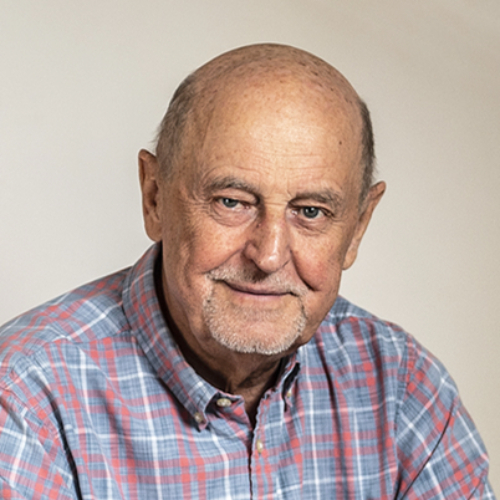
František Švec
Your Title Goes Here
Your content goes here. Edit or remove this text inline or in the module Content settings. You can also style every aspect of this content in the module Design settings and even apply custom CSS to this text in the module Advanced settings.
Frantisek Svec is working at the Faculty of Pharmacy at Charles University in Hradec Kralove, Czech Republic. He has authored over 560 publications, which have been cited more than 25,000 times, giving him an h-index of around 100. F. Svec is best known for his research on monoliths and their use in many different applications. Currently, he is focusing on developing novel formats of sorbents for sample preparation.
FOLLOW US ON SOCIAL MEDIA

